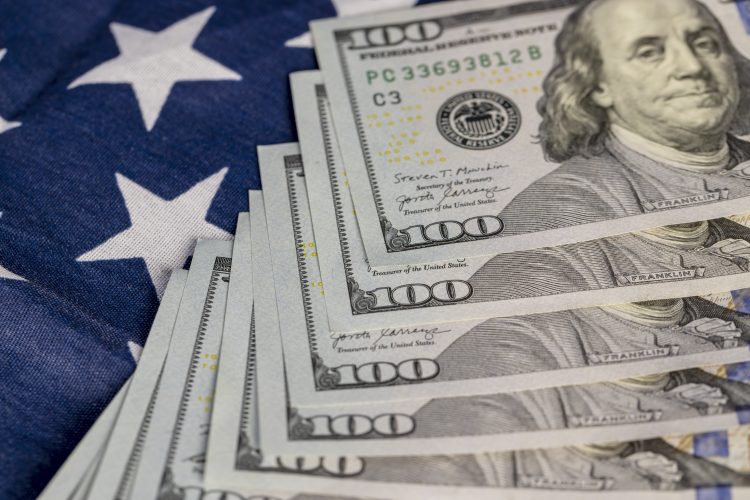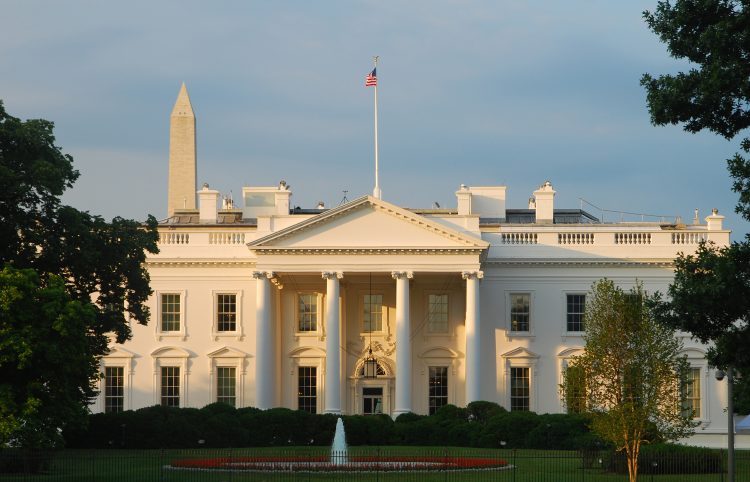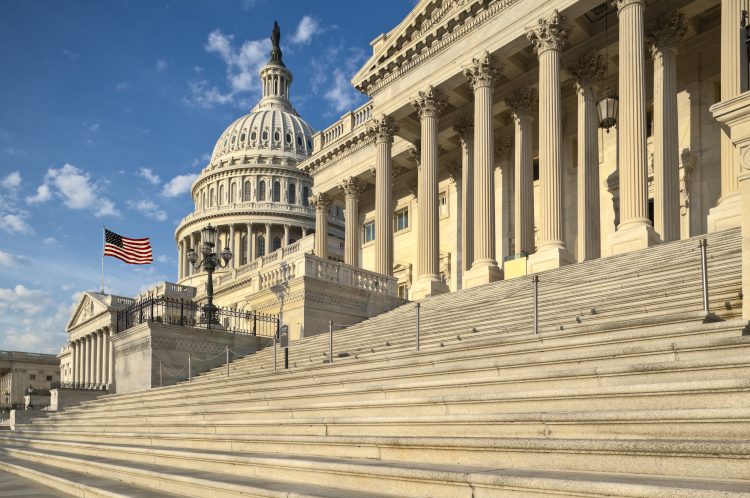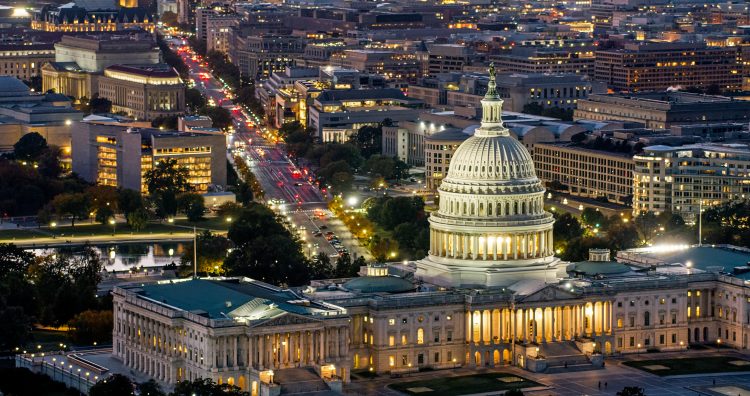This week on Facing the Future, Jason Furman, former chair of the President’s Economic Council of Advisors from 2013-2017 and current professor at Harvard’s Kennedy School of Government, joined Bob for a full breakdown of the inflationary outlook, the debt, and the 2025 expiration of the Tax Cuts and Jobs Act of 2017. Concord Coalition’s Policy Director Tori Gorman joined the discussion. Later in the show, Bob and Tori discussed the latest CBO alternative baselines and gave their takes on how immigration might play into our economic outlook.
As the pandemic era comes to a close, the Federal Reserve is focused on piloting a ‘soft landing’ for the economy. Reaching their target inflation rate of 2% without causing a recession or a spike in unemployment is a top priority.
Furman acknowledged the success of the Fed in their mission so far. “First of all,” he said, “the great news. There has not been a recession and I don’t think there’s any special reason to think we’re at any greater risk than normal right now. The unemployment rate has been below 4 percent for more than 2 years. Over the last year, the economy’s grown at about a 3 percent rate. That’s really just an amazing performance. At the same time, inflation right now is a lot lower than it was a year and a half ago, and that’s a really good thing, too.”
“Where I’m disappointed and nervous,” Furman went on, “is that the disinflation process has stalled out. We seem to be stuck at an inflation rate of about 3 percent and one fear that economists, including myself, had is that the last mile of getting rid of inflation would be the hardest. Maybe we did the easy parts of the disinflation already and the hard parts are still ahead of us.”
When asked if the Fed could raise interest rates to break through the 3 percent inflation rate, Furman said it is a real possibility. “One lesson people should take from the last couple of years is that anything is possible. I think, though, if the Fed raises rates it’s maybe at the end of this year – maybe next year – they’d need to see a lot of evidence that inflation is not just off track, but probably moving in the wrong direction. If inflation is stuck at 2.9 percent, they don’t raise rates. If it goes from 3 percent to 3.3 percent to 3.6 percent to 3.8 percent, then they have to put rate increases back on the table. I think there’s a one in 6 chance that something like that comes to pass, and it’s not something that they would undertake lightly.”
On the debt, Furman expressed concern with sharply rising deficits in the face of a strong economy. “Last year, the debt was 100 percent of GDP. That’s the amount of water in the bathtub. That water was all poured into the bathtub during the financial crisis, during COVID. I’m actually not super worried about that. But then we poured even more money into the bathtub, a trillion and a half dollars worth 7 percent of GDP. That was in an extraordinary year with the low unemployment rate and the 3 percent growth. If that’s the amount of water you’re pouring into the bathtub just imagine what’s going to happen in a bad year. We’re on course to have our debt go up and up and up.”
“The deficit trajectory right now really depends on what happens to interest rates. If interest rates stay roughly where they are now, or only fall a little bit, then we’re in a place where we need an unprecedented fiscal adjustment to get our debt on a sustainable course. The correct response to some of the confusion and uncertainty about our fiscal outlook is that we want to be on the side of doing more, or barring that, at least not doing any harm, and violating the hippocratic oath.”
The 2025 expiration of the Tax Cuts and Jobs Act of 2017 also looms heavy over policy makers and the campaign trail. Furman laid out the potential paths for Congress to take. “One possibility is to do nothing, and just let them expire. That should be a real option for us. If Congress doesn’t pass a law, individual taxes go back to where they were in the beginning of 2017. That was perfectly fine and we all survived. That could happen and that’s a way of cutting the deficit relative to the current policy we’re on.”
“If Congress wants to do some cool tax reform that is revenue neutral relative to expiration of the tax cuts and make the tax code better than it was in 2017 but collect just as much revenue, that would be even better. I think it’s an opportunity for tax reform.”
Furman also provided thoughts on the presidential candidates’ tariff and trade proposals. “Trump is proposing a 10% tariff on every country in the world. You buy it from a foreign country, you pay an extra 10%. And then he has a 60% tariff on everything from China. This is massive. It’s based on a set of confused economic theories around trade deficits and bilateral trade balances.”
“President Biden has proposed tariff increases around 5% as large as the ones that Trump has proposed,” Furman continued, “It’s more targeted. I think some of the ones that Biden is proposing are a mistake, too. You raise tariffs on critical minerals and all of a sudden it makes it harder for American manufacturing companies, not easier. Some of them might actually be a legitimate national security thing, like the idea that we’re going to become more self-reliant in microchips. If you have another goal like national security you might need to deviate from what the textbook teaches you.”
Hear more on Facing the Future. Concord Coalition Executive Director Bob Bixby hosts the program each week on WKXL in Concord N.H., and it is also available via podcast. Join us as The Concord Coalition team discusses issues relating to national fiscal policy with budget experts, industry leaders, and elected officials. Past broadcasts are available here. You can subscribe to the podcast on Spotify, Pandora, iTunes, Google Podcasts, Stitcher, or with an RSS feed. Follow Facing the Future on Facebook, and watch videos from past episodes on The Concord Coalition YouTube channel.
Continue Reading










